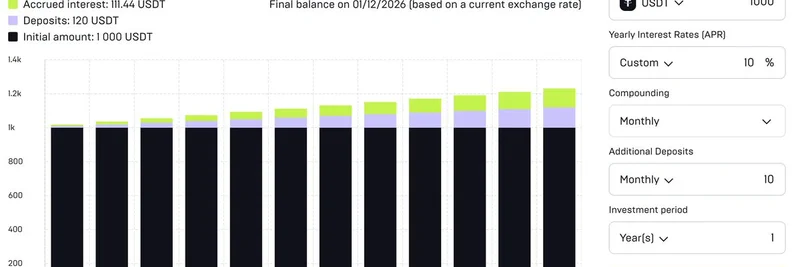Hey there, crypto enthusiasts! If you're into the world of blockchain and meme tokens, you know how important it is to stay on top of the latest developments that make projects more accessible and user-friendly. Recently, BSCNews dropped a tweet that's got the community buzzing about Pi Network's new Fast-Track KYC feature. Let's dive into what this means and why it could be a game-changer for newcomers in the space.
For those who might be new to this, Pi Network is a mobile-first cryptocurrency project that lets users "mine" Pi coins right from their phones without draining battery or needing fancy hardware. It's built a massive community—over 50 million users strong—by making crypto mining accessible to everyone. But one hurdle has been the verification process, known as KYC (short for Know Your Customer), which ensures users are real people and helps prevent fraud in the ecosystem.
In their tweet, BSCNews shared: "⚡️ WHAT IS 'FAST-TRACK KYC'? - @PiCoreTeam has enhanced its KYC process using AI... Here's what you need to know." And they linked to a detailed article on BSC News. According to the update, announced on September 19, 2025, this Fast-Track KYC is all about speeding things up with artificial intelligence.
How Does Fast-Track KYC Work?
Traditionally, to fully migrate to Pi's Mainnet (that's the live blockchain where real transactions happen), users had to complete 30 mining sessions and go through a standard KYC process. This could take time, involving human reviewers and sometimes external apps, leading to backlogs and frustrated users waiting to claim their tokens.
Now, with Fast-Track KYC, new users—or "Pioneers," as Pi calls them—with fewer than 30 sessions can verify their identity right away using AI tools like optical character recognition (that's tech that reads text from images, like your ID photo). It's integrated directly into the Pi Wallet app, making it seamless. Once verified, you can activate your Mainnet wallet immediately and start using Pi for apps, local commerce, peer-to-peer payments, and even events.
But here's the catch: while you get quick access to these features, transferring your mined Pi balance still requires the full standard KYC and those 30 sessions. It's like getting a fast pass to the park but waiting in line for the big roller coaster.
The Benefits for Users and the Ecosystem
This update is huge for onboarding. Imagine joining a project and jumping straight into the action without weeks of waiting—that's what Fast-Track aims to deliver. It addresses common complaints about delays, making Pi more appealing to folks who might otherwise bounce to other projects, like meme tokens with simpler setups.
For the broader blockchain world, especially in meme coin communities where viral growth is key, this shows how AI can enhance security without slowing things down. Pi's approach reduces reliance on third-party providers (like Banxa for fiat on-ramps) and puts more control in the community's hands through decentralized protocols. It even aligns with standards like ERC-3643, which is all about compliant, decentralized identities on blockchains.
Plus, in a nod to global inclusivity, Pi is extending KYC to users in Syria thanks to recent U.S. policy shifts. This could open doors for more regions, boosting participation and real-world use cases.
Challenges and Future Outlook
The old system had its issues: long wait times, dependence on human validators, and separation from the core blockchain. Fast-Track tackles these by being more automated and efficient, though it starts conservatively to avoid fraud—meaning it might be picky at first.
Looking ahead, Pi plans to refine this based on user data, potentially integrating it into the standard process to cut down overall migration times. For meme token projects watching from the sidelines, this could inspire similar innovations, blending AI with community-driven verification to scale faster.
If you're a Pi Pioneer or just curious about how blockchain projects are evolving, check out the full details in the BSC News article. What do you think—will this help Pi hit new heights, or is it just a small step in the crypto journey? Drop your thoughts in the comments below!

